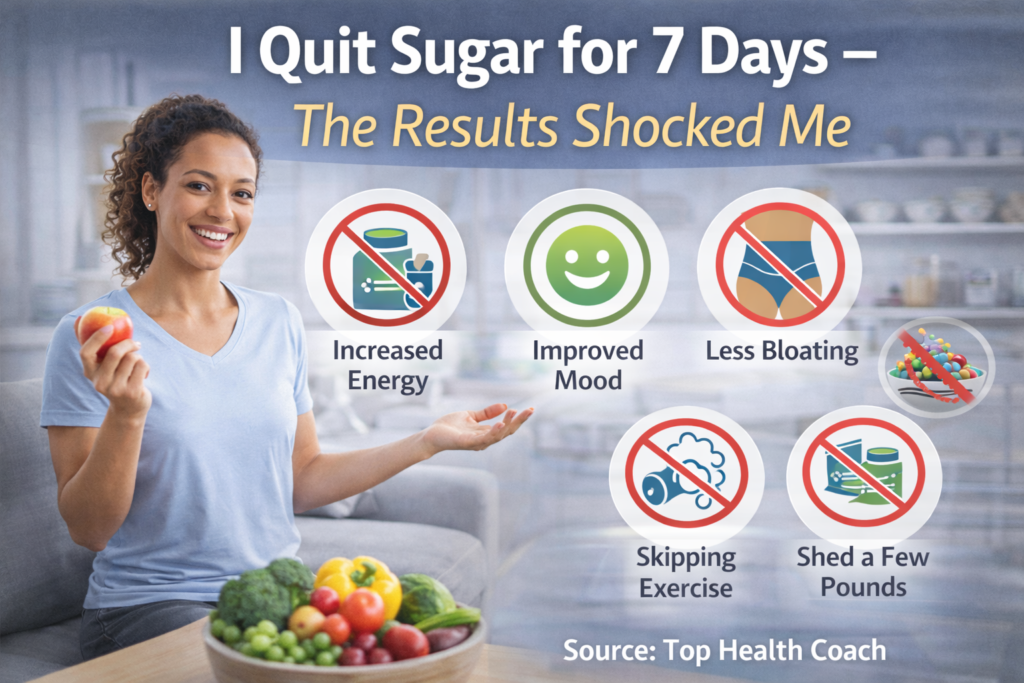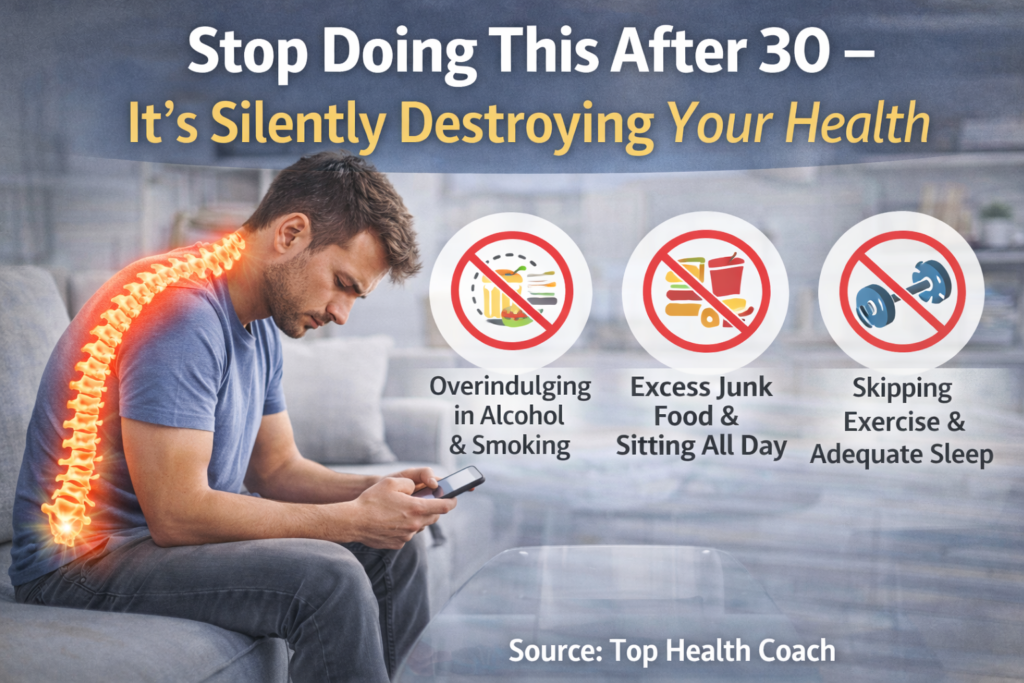Intermittent Fasting (IF) has exploded in popularity, moving from niche health circles into mainstream conversations about weight loss, metabolic health, and longevity. Unlike traditional diets that focus on what you eat, IF primarily dictates when you eat, cycling between periods of eating and voluntary fasting. While its proponents tout impressive benefits, it’s not a one-size-fits-all solution. Before you jump on the fasting bandwagon, it’s crucial to understand its mechanisms, its potential advantages, its possible downsides, and whether it aligns with your individual health goals and lifestyle.

What Exactly is Intermittent Fasting?
Intermittent fasting isn’t about starvation; it’s about strategically consuming your meals within a specific window and then abstaining from calories for a longer period. There are several popular methods:
- 16/8 Method (Leangains): This is the most common and often considered the easiest to follow. You fast for 16 hours each day and have an 8-hour eating window. For example, if you finish dinner at 8 PM, you wouldn’t eat again until 12 PM the next day.
- 5:2 Method: You eat normally for five days of the week and restrict calorie intake to 500-600 calories on two non-consecutive days.
- Eat-Stop-Eat: Involves one or two 24-hour fasts per week, from dinner one day to dinner the next.
- Alternate-Day Fasting: Fasting every other day, either completely or by significantly reducing calorie intake on fasting days.
- Warrior Diet: A more extreme form, involving a 20-hour fast followed by a large meal eaten within a 4-hour window.
During fasting periods, plain water, black coffee, and plain tea are typically allowed as they contain negligible calories.
The Science Behind the Fasting Phenomenon
The core biological changes that occur during intermittent fasting are what proponents believe lead to its health benefits:
- Hormonal Changes: When you fast, several beneficial hormonal adjustments occur. Insulin levels drop significantly, which helps the body access stored body fat for energy. Growth hormone levels can increase, which is beneficial for fat loss and muscle gain.
- Cellular Repair (Autophagy): Fasting triggers a cellular “housekeeping” process called autophagy, where cells remove old, damaged components and regenerate new ones. This is thought to play a role in disease prevention and longevity.
- Gene Expression: Fasting can induce changes in gene expression related to longevity and protection against disease.
- Fat Burning: With lower insulin levels and depletion of glycogen stores, the body shifts from burning carbohydrates for fuel to burning stored fat.
The Potential Pros of Intermittent Fasting
- Weight Loss and Fat Loss: Many people find IF an effective tool for losing weight. By naturally reducing the eating window, people often consume fewer calories overall. The hormonal changes also make stored fat more accessible for energy.
- Improved Metabolic Health: Studies suggest IF can improve insulin sensitivity, reduce blood sugar levels, lower blood pressure, and improve cholesterol profiles, all factors in reducing the risk of type 2 diabetes and heart disease.
- Simplicity and Sustainability: For some, IF is easier to stick to than traditional calorie-counting diets because it focuses on when to eat rather than painstakingly tracking what to eat. This simplicity can make it more sustainable long-term.
- Autophagy and Cellular Health: The cellular repair processes initiated during fasting are linked to anti-aging benefits and may play a role in protecting against neurodegenerative diseases like Alzheimer’s and Parkinson’s.
- Reduced Inflammation: Some research indicates that IF can help reduce chronic inflammation, a driver of many chronic diseases.
- Brain Health: Preliminary research suggests IF might improve brain function, increase the growth of new nerve cells, and protect against stroke.
The Potential Cons and Considerations
While the benefits sound appealing, IF isn’t without its potential drawbacks or situations where it might not be suitable:
- Initial Side Effects: Many people experience hunger, irritability, fatigue, headaches, or difficulty concentrating during the initial adaptation phase. These usually subside as the body adjusts, but can be challenging.
- Not Suitable for Everyone:
- Pregnant or Breastfeeding Women: Not recommended due to increased nutritional demands.
- Individuals with Certain Medical Conditions: People with diabetes (especially those on insulin), eating disorders (or a history of them), severe hypoglycemia, or adrenal issues should avoid IF or consult a doctor.
- Children and Adolescents: Growing bodies have different nutritional needs.
- Those on Certain Medications: IF can affect medication absorption or efficacy.
- Risk of Nutrient Deficiencies (If Not Done Right): If the eating window is used for unhealthy, nutrient-poor foods, IF can lead to deficiencies. It’s crucial to prioritize nutrient-dense, whole foods during your eating periods.
- Potential for Overeating/Bingeing: Some individuals find that the restriction during fasting leads to overeating or binging during the eating window, negating any calorie deficit.
- Social Challenges: Dining out, social events, or family meals can become complicated when adhering to strict eating windows.
- Impact on Performance: Athletes or individuals with very physically demanding jobs might find their energy levels or performance compromised, especially during the initial adaptation phase.
- Gender Differences (Ongoing Research): Some anecdotal evidence and limited research suggest that women might respond differently to IF, with potential impacts on hormones. More research is needed here.
Is Intermittent Fasting Right for YOU?
Deciding if IF is right for you requires an honest assessment of your lifestyle, health status, and goals.
- Consider your goals: Are you looking for weight loss, metabolic improvement, or general well-being?
- Assess your lifestyle: Can you realistically stick to the eating windows given your work schedule, social life, and family commitments?
- Listen to your body: Pay attention to how you feel. Persistent fatigue, mood swings, or obsessive thoughts about food are red flags.
- Prioritize nutrient quality: Regardless of when you eat, what you eat remains paramount. Focus on whole, unprocessed foods during your eating window.
- Consult a Professional: This is the most important step. Before making any significant dietary changes, especially if you have underlying health conditions or are on medication, consult with a doctor or a registered dietitian. They can assess your individual needs and advise on the safest and most effective approach for you.
Intermittent fasting offers a compelling approach to health, but it’s not a magic bullet or suitable for everyone. For many, it can be a powerful tool for weight management and metabolic improvement. For others, a more traditional approach to balanced nutrition might be more appropriate. The key is finding a sustainable and healthy eating pattern that works for your body and your life.
10 FAQs About Intermittent Fasting
1. Is Intermittent Fasting just another fad diet? While IF has gained popularity, its roots are in ancient practices and some of its mechanisms (like autophagy) are backed by scientific research. However, how it’s marketed and applied can sometimes align with “fad” characteristics if not approached mindfully.
2. Can I drink anything during the fasting window? Yes, typically plain water, black coffee, and unsweetened tea are allowed during the fasting window as they contain negligible calories and won’t break your fast. Some people also allow sparkling water.
3. Will Intermittent Fasting make me lose muscle? While any calorie-restricted diet can lead to some muscle loss, studies suggest that IF, when combined with resistance training and adequate protein intake during the eating window, may be more effective at preserving muscle mass compared to continuous calorie restriction.
4. How long does it take to see results with IF? Results vary greatly depending on individual factors like metabolism, starting weight, and consistency. Some people notice changes in energy or weight within a few weeks, while significant metabolic improvements might take months.
5. Is Intermittent Fasting safe for women? Research on IF’s specific effects on women is ongoing and somewhat mixed. Some anecdotal reports suggest women might experience hormonal imbalances or menstrual cycle disruptions. It’s crucial for women to start slowly, listen to their bodies, and consider shorter fasting windows if concerns arise, and always consult a doctor.
6. What should I eat during my eating window? Focus on nutrient-dense, whole foods: lean proteins, healthy fats, plenty of fruits and vegetables, and whole grains. Avoid processed foods, excessive sugars, and unhealthy fats, as these can negate the benefits of fasting.
7. Will I be constantly hungry on Intermittent Fasting? Many people experience initial hunger, especially in the first few days or weeks. However, as your body adapts to using fat for fuel, hunger often subsides and becomes more manageable. Staying hydrated helps.
8. Can I exercise while doing Intermittent Fasting? Yes, many people exercise while fasting. Some prefer to exercise during their eating window, while others feel fine exercising in a fasted state. Listen to your body and adjust as needed, ensuring adequate hydration and electrolyte intake.
9. What’s the best Intermittent Fasting method for beginners? The 16/8 method is generally recommended for beginners as it’s the easiest to integrate into a daily routine and less restrictive than other methods.
10. Do I need to consult a doctor before starting Intermittent Fasting? Absolutely yes, especially if you have any pre-existing medical conditions (like diabetes, heart disease, or eating disorders), are on medication, are pregnant or breastfeeding, or are under 18 years old. It’s always best to get personalized advice from a healthcare professional.



